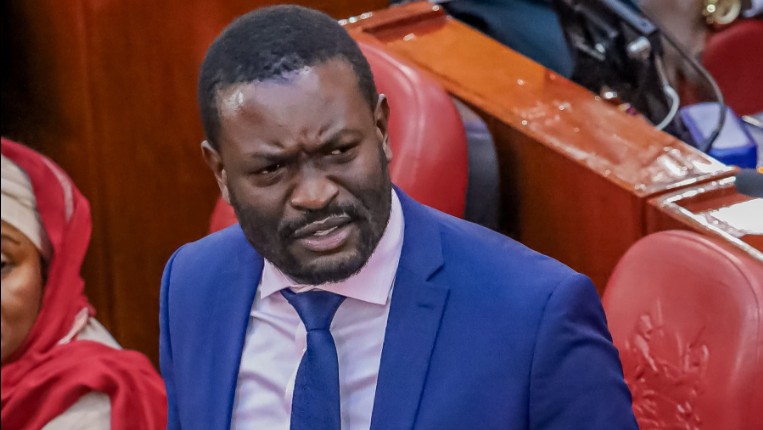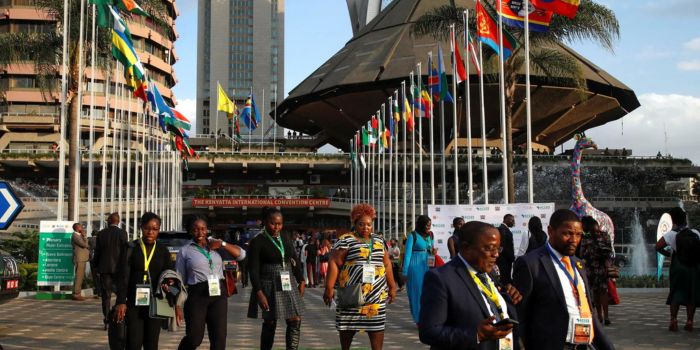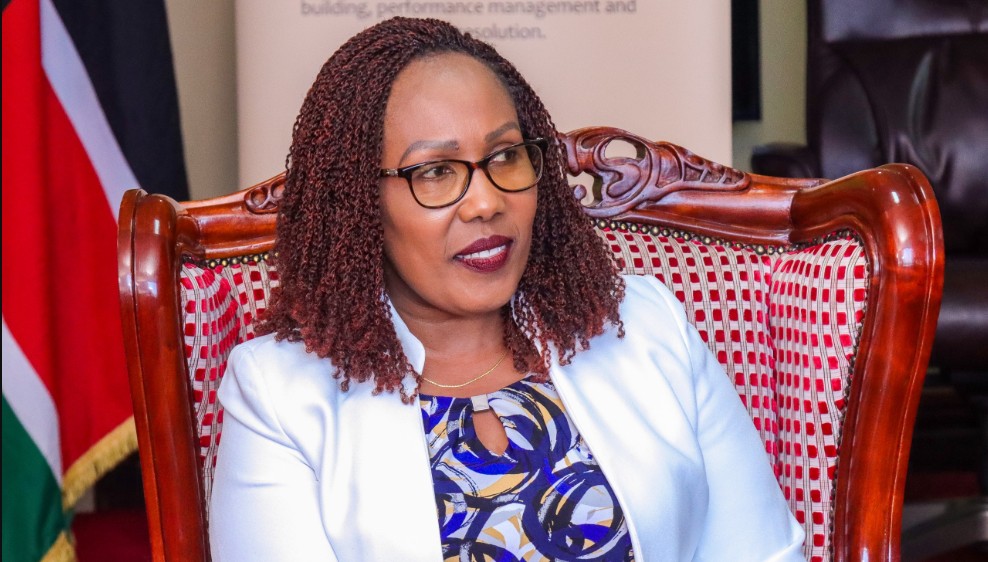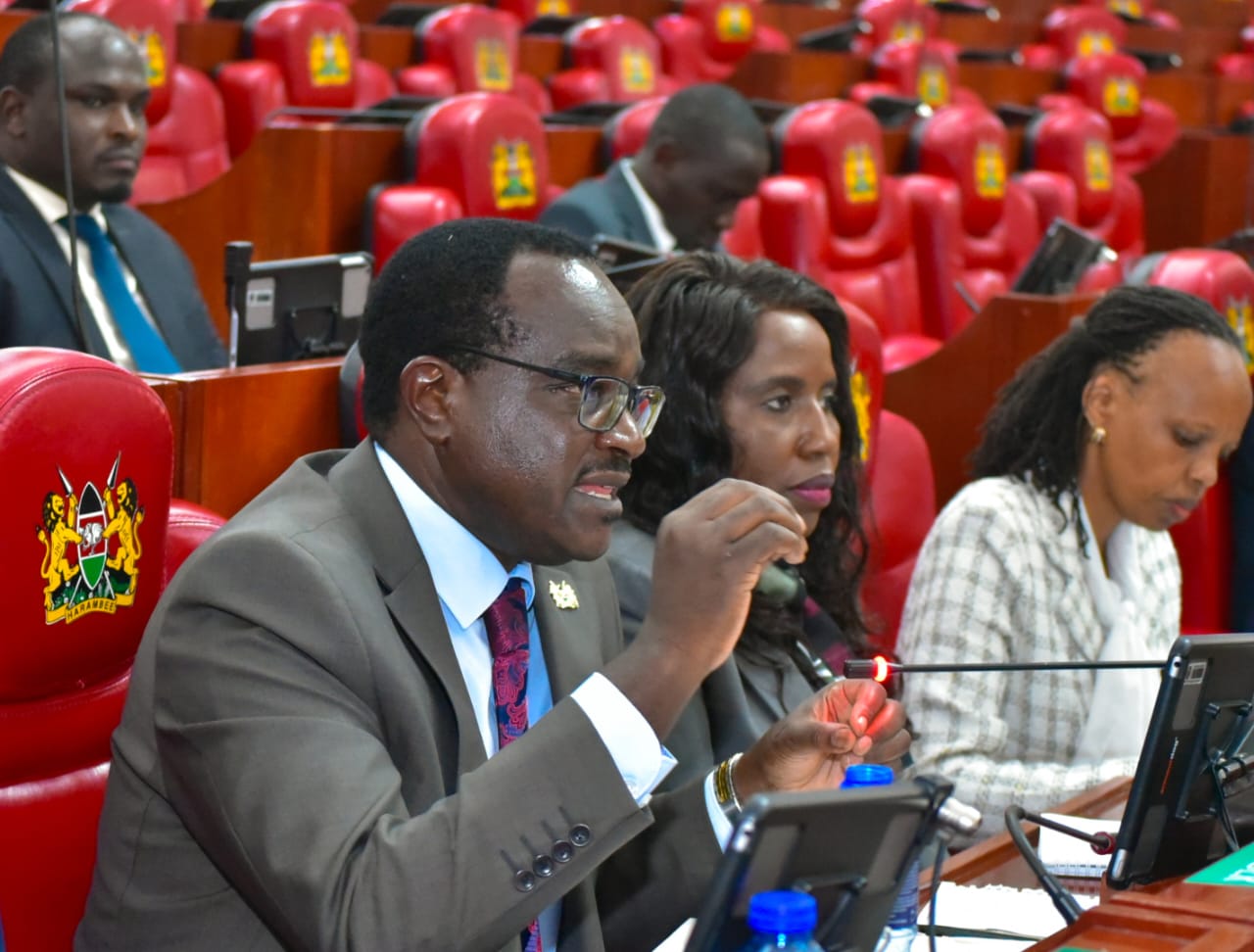Court showdown looms as Communications Authority seeks to restore nullified broadcasting rules

KUJ had challenged sections of the Kenya Information and Communications Act (KICA), arguing that the development and enforcement of media standards fall under MCK’s exclusive mandate.
The Communications Authority of Kenya (CA) has moved to the Court of Appeal seeking to overturn a High Court decision that quashed its 2016 broadcasting code.
High Court Judge Lawrence Mugambi nullified the broadcasting rules, stating that government control or censorship through directives on media content and the timing of broadcasts undermines the independence and freedom of the media.
More To Read
- ICT CS William Kabogo taken to task for failing marginalised areas on connectivity
- MCK cites The Eastleigh Voice's DRC reporting in push for unified EAC journalist accreditation system
- CA under fire from MPs over June 25 order suspending live protest coverage
- East African Press Council elects new leaders to drive regional media freedom agenda
- Media stakeholders demand safer conditions, policy overhaul
- MPs reject proposed media code, cite threats to press freedom
The judge also ruled that CA had overstepped its mandate, encroaching on Media Council of Kenya (MCK’s) jurisdiction.
In response, CA expressed dissatisfaction with the ruling, arguing that Justice Mugambi failed to acknowledge that media freedom is not absolute.
Through its lawyer, Wambua Kilonzo, CA insisted that the judge erred in determining that inappropriate broadcast content is solely an ethical issue to be addressed by MCK under media standards.
“The learned judge of the High Court erred in law and in fact by usurping the role of Parliament, being the legislative arm of government, and erroneously proceeded to purport to legislate by transferring regulatory function of the appellant (CA), as legislated by Parliament, to the 3rd respondent (MCK),” Kilonzo argued in CA’s application.
Justice Mugambi had suspended the implementation of his judgment for six months to allow MCK to develop age-appropriate media standards aimed at protecting children and other vulnerable groups from harmful content.
The judge noted that CA’s programming code had veered into MCK’s mandate, contravening Article 34(5) of the Constitution, which protects the independence of the media.
“It ought to be the responsibility of the Media Council of Kenya to set and monitor the ethical codes for the protection of children and any other vulnerable group, and to monitor and enforce them, not the 1st Respondent (CA),” Justice Mugambi said.
The court further emphasised the need to uphold media independence. “This court must uphold the independence of the media as protected under Article 34, which advances the rule of law and upholds the principles and purpose of the Constitution.”
The Kenya Union of Journalists (KUJ) had challenged sections of the Kenya Information and Communications Act (KICA), arguing that the development and enforcement of media standards fall under MCK’s exclusive mandate.
KUJ also described the language used in the broadcasting code as vague, generalised, and uncertain, asserting that it restricted journalism and exposed practitioners to numerous complaints.
CA, however, maintained that its programming code is not a set of media standards but a licensing requirement for the regulation of broadcasting. The authority argued that Section 46H of the Act grants it the legal mandate to set standards for the timing and content of broadcasts, prescribe a programming code, and review it every two years.
It further noted that the programming code includes the watershed period, designed to shield children from inappropriate content.
The ongoing standoff between CA and MCK highlights the longstanding tension over regulatory authority in Kenya’s media sector. The Court of Appeal will now determine whether CA’s mandate aligns with the Constitution or encroaches on MCK’s jurisdiction.
Top Stories Today














































